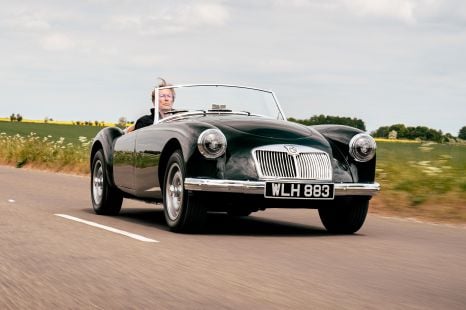

Angus MacKenzie
5 Days Ago
Europe is set to ban new petrol and diesel cars from showrooms in 2035, but resistance against the regulations is ramping up.

Contributor


Contributor
Europe’s plan to ban new petrol- and diesel-powered light vehicles from sale by 2035 may have hit yet another stumbling block, this time courtesy of the region’s most powerful political group.
At present, no new light vehicle that produces tailpipe emissions will be allowed to be sold in Europe from January 1, 2035.
But Reuters reports the European People’s Party (EPP) – which holds more seats in the European Parliament than any other – is due to release a document calling for the ban on CO2 emitting vehicles “to be reversed”.
According to the news agency, the EPP wants combustion-powered vehicle sales to continue through the adoption of sustainable fuels, as well as the exemption of plug-in hybrid vehicles from the 2035 ban.
100s of new car deals are available through CarExpert right now. Get the experts on your side and score a great deal. Browse now.
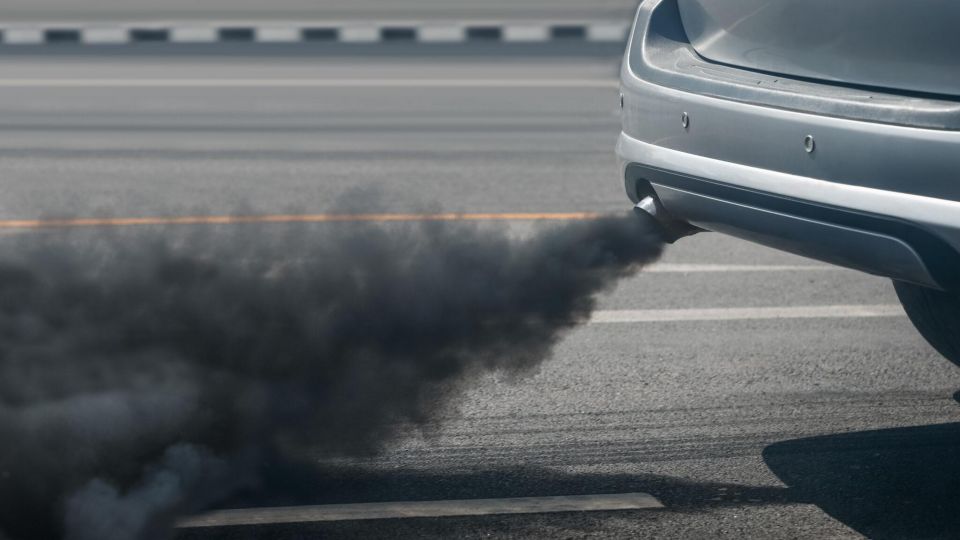
The document will also ask for carmakers to be protected from the potential fines they’ll face next year as Europe adopts the latest round of stricter emissions regulations. The EPP has reportedly asked for these to be delayed to 2027.
Despite once being an automotive powerhouse, Europe’s car industry is arguably under threat now more than ever, as automakers struggle to meet increasingly stringent emissions targets, while rising competition from overseas and in particular China impacts their bottom lines.
Volkswagen is the highest-profile demonstration of this, with the German brand now looking to shut three of its 10 factories, which would result in tens of thousands of European employees losing their jobs.
This comes just five years after the wider Volkswagen Group was the world’s biggest carmaker by volume, selling 10,742,122 vehicles before being overtaken by Toyota in 2023.
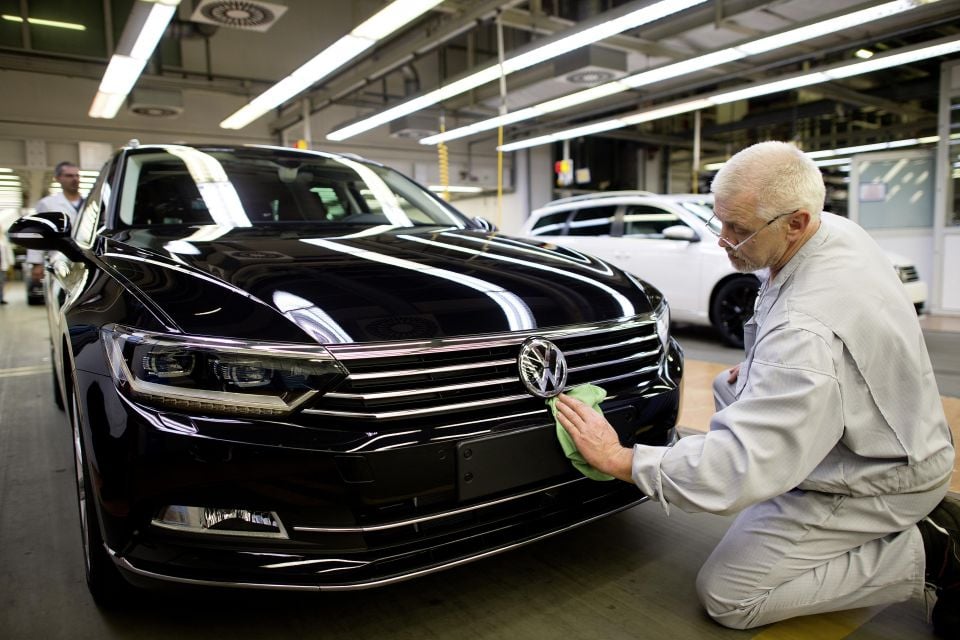
Volkswagen Group CEO Oliver Blume recently told Bild am Sonntag: “Weak market demand in Europe and significantly reduced earnings from China reveal decades-long structural problems at Volkswagen.”
In announcing its third-quarter financial results in October, Volkswagen said its year-to-date operating result was down by 21 per cent compared to the first nine months of 2023 – standing at €12.9 billion ($21.3 billion) to the end of September.
Its after-tax earnings were down 30.7 per cent on the first nine months of 2023, and down 63.7 per cent when comparing the third quarter of this year with the third quarter of 2023.
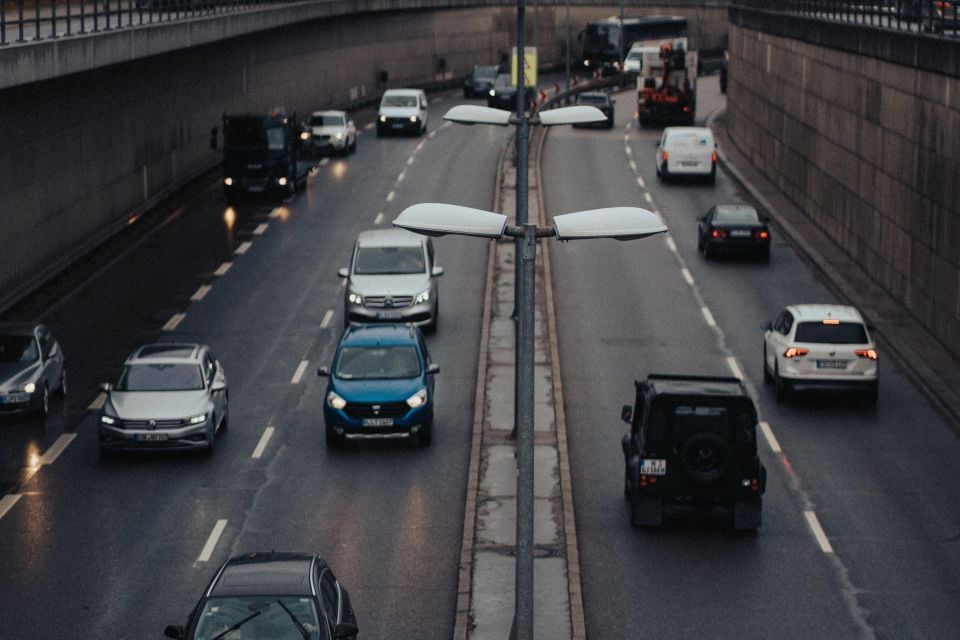
The European Union is also in the process of trying to protect the local automotive industry by placing tariffs on electric vehicles (EVs) made in China, which will see some brands lugged with import taxes as high as 45.3 per cent.
An investigation by the European Commission found some Chinese brands have been receiving assistance from their home government, leading to higher tariffs on those carmakers deemed to have been given the bigger leg up.
The tariffs will be in place for at least five years, or until China and the EU can come to an agreement to end tit-for-tat taxes on each other’s goods.
MORE: European carmakers to accept 2035 petrol and diesel new car ban
Born and raised in Canberra, Jordan has worked as a full-time automotive journalist since 2021, being one of the most-published automotive news writers in Australia before joining CarExpert in 2024.


Angus MacKenzie
5 Days Ago
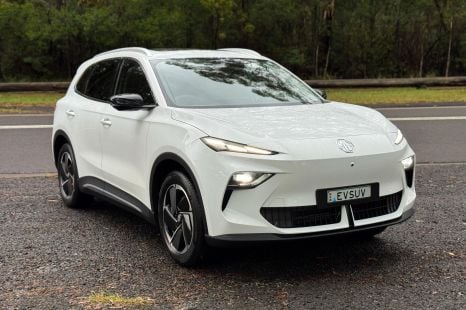

Matt Campbell
4 Days Ago
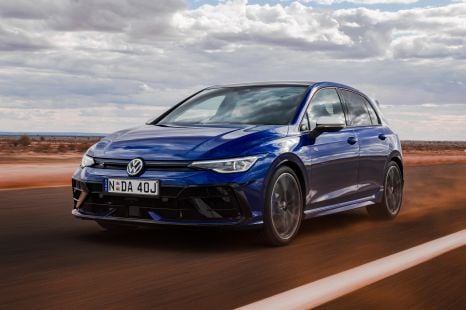

James Wong
3 Days Ago
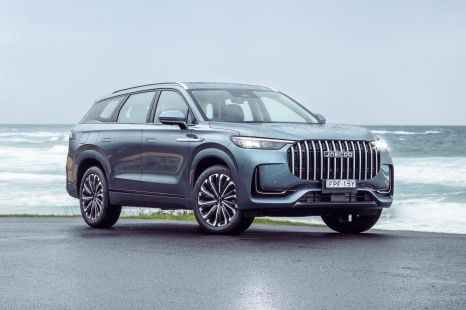

William Stopford
2 Days Ago
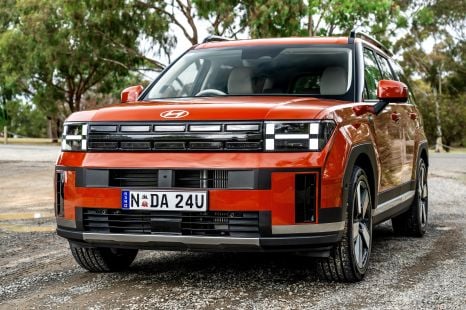

Max Davies
1 Day Ago
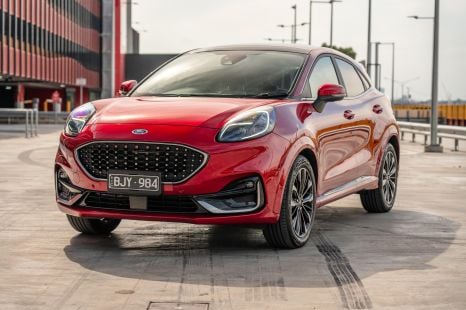

William Stopford
19 Hours Ago